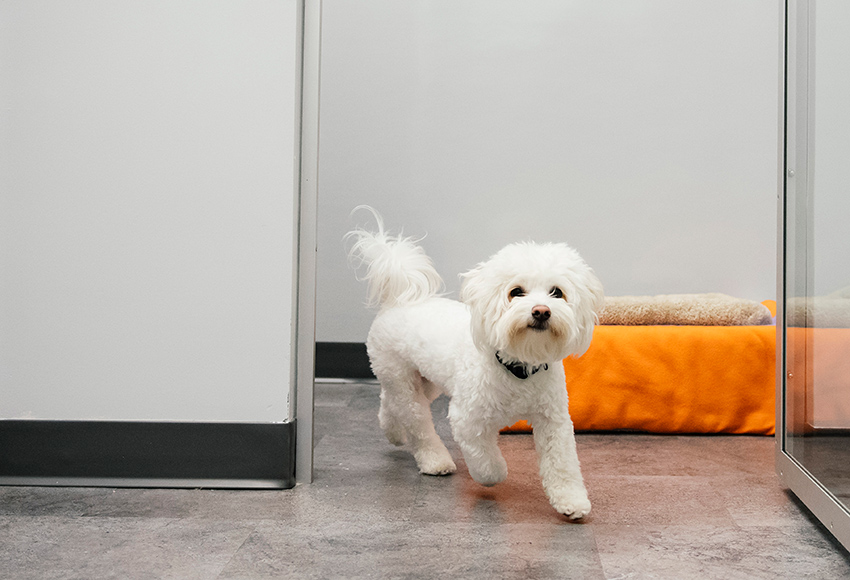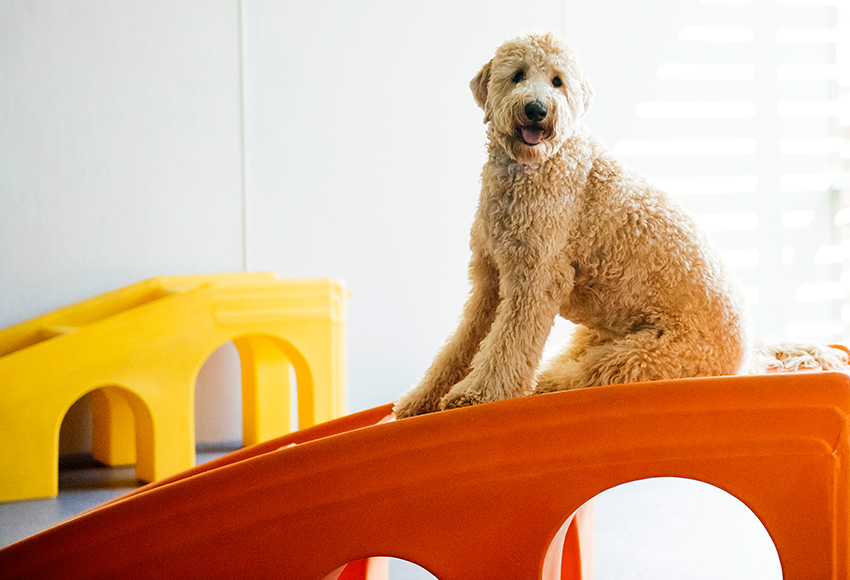Socialization: The Key to a Happy and Well-Adjusted Dog

Socialization is crucial for dogs of all ages, breeds, and personalities. It helps them learn how to interact with other dogs and people in a positive and appropriate manner. Without proper socialization, dogs may develop behavioral issues such as fear, anxiety, and aggression, which can make it difficult for them to enjoy everyday life.
Socialization is especially important during puppyhood, up to four months of age. This period is when puppies are most receptive to learning and developing social skills. Early socialization can help prevent behavioral issues from arising later in life. While it’s easier to socialize a puppy, it’s still possible to introduce older dogs to new experiences and help them become more comfortable in social situations.
Benefits of Dog Socialization
The sources list many benefits of socialization for dogs:
- Reduced fear and anxiety: Socialization helps dogs become accustomed to different sights, sounds, smells, people, and animals, making them less likely to be fearful or anxious in new situations.
- Improved behavior: Socialized dogs are more likely to be well-behaved and easier to manage. They’re less likely to bark excessively, chew on furniture, or display other destructive behaviors stemming from boredom or anxiety.
- Enhanced confidence: Socialization helps build confidence in dogs, making them more comfortable and outgoing in social situations.
- Increased exercise and fun: Social dogs can enjoy more activities, such as playing at dog parks or attending dog-friendly events, leading to a happier and healthier lifestyle.
- Easier grooming and vet visits: Socialized dogs are more comfortable being handled by strangers, making grooming appointments and veterinary exams less stressful.
How Doggie Daycare Facilitates Socialization
Doggie daycare provides a structured and supervised environment for dogs to interact with each other and with trained staff.
Here’s how doggie daycare can facilitate socialization:
- Safe and controlled environment: Doggie daycares typically have separate play areas for dogs of different sizes and temperaments. Before a dog joins the open play environment, they undergo a temperament assessment to ensure compatibility and safety. Staff trained in dog behavior and body language supervise play and intervene if necessary to prevent any issues. These measures help create a secure environment for dogs to interact without feeling overwhelmed or threatened.
- Regular exposure to other dogs: Daycare provides consistent opportunities for dogs to socialize with a variety of canine companions. This regular exposure helps dogs learn appropriate social skills, such as how to read body language, play appropriately, and respect boundaries.
- Structured playtime and activities: Daycares often incorporate structured play sessions, games, and activities that encourage socialization and positive interactions. This might include group play, interactive games, and basic obedience training. These activities provide mental stimulation and help dogs learn to interact with each other in a positive and engaging way.
- Professional staff: Daycare staff are trained to monitor dog behavior and intervene if necessary. They can help shy dogs build confidence and learn how to interact appropriately with others. They can also address any behavioral issues that may arise, ensuring a safe and positive experience for all dogs.
By providing a structured and supervised environment for socialization, doggie daycare can help dogs develop essential social skills, reduce anxiety and fear, and become well-adjusted members of their families and communities.







